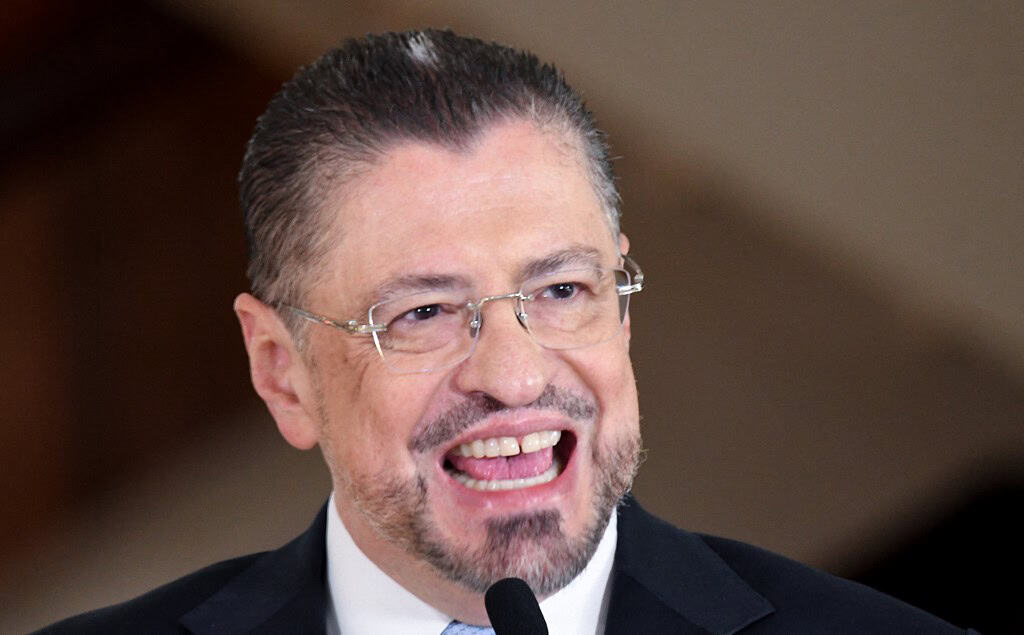President Rodrigo Chaves Robles has announced that he will not resign from the Presidency, ending months of speculation fueled by political rumors and legal pressures. The decision comes as the legal deadline nears for government officials to step down if they intend to run in the 2026 legislative elections.
Chaves, who has been in office since May 2022, confirmed on Wednesday that he will remain in power until the end of his term, despite having considered a bid for Congress.
“I thought about it (…) Why would I lie? I did think about it,” Chaves admitted during a press conference. “Then I asked God for wisdom. I came to the conclusion that I can serve the country in either role—president or deputy. But I believe finishing my mandate is best for the country.”
The statement puts to rest widespread rumors suggesting that Chaves would resign before the July 31 deadline established by Costa Rican law for public officials seeking a legislative seat. The president’s ambiguous comments in recent months had only added fuel to the speculation. At one point, Chaves even joked that he would only step down “to become president of the Legislative Assembly.”
However, while Chaves stays, seven high-ranking officials from his administration have submitted their resignations in anticipation of congressional runs. These include First Vice President Stephan Brunner, Finance Minister Nogui Acosta, Minister of Planning Marta Esquivel, and Minister for the Status of Women Cindy Quesada.
Also departing are Ángela Mata (Ministry of Housing), Esmeralda Britton (Junta de Protección Social), and Juan Manuel Quesada (AyA), all of whom will vacate their posts by Thursday.
Chaves’ decision not to resign also ensures that he retains constitutional immunity, shielding him from prosecution while in office. This protection is increasingly relevant, as the president currently faces more than 100 criminal complaints, the most serious of which is known as the BCIE case.
Bulgarelli had been awarded a $400,000 contract with the Presidential Office from October 2022 to October 2023, ostensibly to improve the president’s public image Audio recordings presented as evidence capture Chaves requesting favors.
The case has now reached the Legislative Assembly, where lawmakers will decide whether to lift the president’s immunity so he can be prosecuted.






